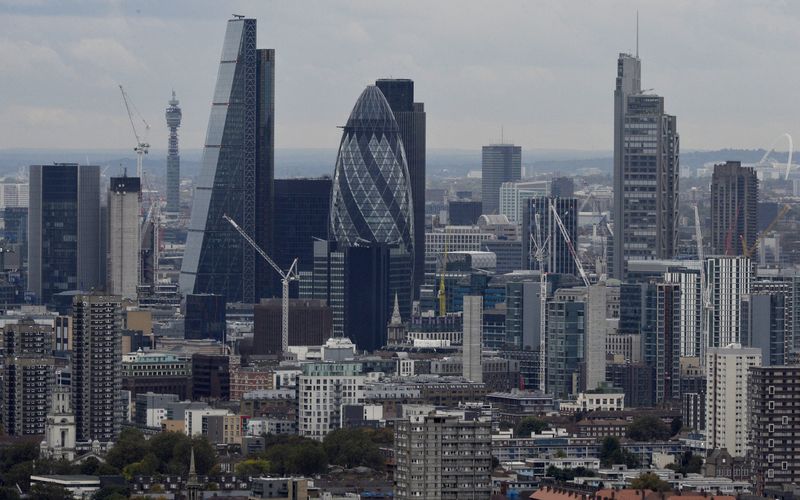First signs recession in UK
2022.12.16 07:36
[ad_1]

First signs recession in UK
Budrigannews.com – A survey released on Friday found that the economy is still likely to contract this quarter, indicating a recession. Although the downturn for the majority of British businesses eased slightly this month, manufacturers continued to struggle.
The NYSE: UK S&P Global Composite Buying Supervisors’ Record (PMI) rose out of the blue to 49.0 from 48.2 in November, in spite of the fact that it stayed underneath the 50 edge for development. A poll of economists conducted by Reuters had predicted a slight decline to 48.0.
All of the improvement came from the dominant services sector as British manufacturers cut jobs for the first time since October 2020, accelerating the decline.
The survey echoed other indications that price pressures are decreasing further from historically high levels and that the economy is contracting at a moderate rate that is not getting worse.
Retail sales unexpectedly fell in November, according to separate data released on Friday, and consumer confidence remained close to all-time lows this month.
Daniel Mahoney, a UK economist at Handelsbanken, stated, “The releases still point to the UK being in a shallow, but protracted, recession at the end of 2022 and into 2023.”
Similar results were seen in composite PMIs from other European nations, with Britain’s reading surpassing those of France and Germany for the first time since July.
In an effort to bring down inflation, which reached a 41-year high in October, it came a day after officials at the Bank of England raised interest rates and indicated that more hikes were likely despite a looming recession.
However, investors interpreted the BoE’s message as indicating that it may be nearing the end of its rate hikes.
More Italian consumer price index revised up
The PMI, according to S&P Global, was consistent with a 0.3% decrease in economic output during the fourth quarter. The BoE stated on Thursday that it anticipated a smaller 0.1% decrease during the period.
Official data indicate that between July and September, the economy contracted by 0.2 percent.
The composite PMI’s indicators of inflation for both businesses’ selling prices and input costs decreased to levels not seen since the middle of 2021.
The PMI for the administrations area rose to 50.0, demonstrating stagnation, from 48.8 in November.
Britain’s factories did worse, which produce less than 10% of the country’s GDP. The manufacturing PMI dropped from 46.5 to 44.7, its lowest level since May 2020, when the first COVID-19 lockdown was in full swing.
S&P Global Chief Business Economist Chris Williamson stated, “It’s no surprise to see that businesses are battening down the hatches, most notably by reducing headcounts, in a sign that the downturn not only has further to run but could yet accelerate again, especially given December’s further hike to interest rates.”








